|
written by: Amanda Henderson There are so many different things we are always trying to teach our children, from academics to manners. One of the best things they can learn to carry with them their entire life is how to be healthy. When your child is younger, it’s easier to ensure they are making healthy choices since most of those choices are made directly by you. As your child gets older and enters the teenage years, you have less direct control and have to be savvier in your parenting approach. Little Lambs Home Daycare Agency knows the parenting journey is challenging. Let’s discuss a few areas of your teen's health where you can impact and impart wisdom. Show 'Em How It's Done One challenge as a parent is managing shifting priorities to stay on top of the needs of young loved ones. If there just isn't enough time in a day, then fitness goals, education pursuits, career choices, even getting enough sleep may get put on the back burner. But some of our most powerful lessons in life come from the example set by our parents, so if you really want to help your kids get off on the right foot in life, that typically means showing them the value of education. This can start with yourself, such as through books, podcasts, finishing your diploma or earning an advanced degree. You Are What You Eat Healthy eating can be one of the greatest challenges of a teenager’s life. With busy schedules and the freedom to drive, there are countless fast food drive-thru restaurants calling their name. Despite the often-hectic schedule, this is an important time for you to continue to provide healthy home cooked meals. Educate your child on the importance of nutrition and caring for your body, and Martha Stewart points out you can even teach them how to cook for themselves. Instead of just asserting your authority to demand they eat their dinner, teach them what foods are important and why. Also, be sure to exercise portion control by serving meals and snacks on smaller plates, and by drinking plenty of filtered water. These measures will help you and your family avoid overeating. Armed with knowledge and cooking skills, your teen can develop healthy eating habits to carry into adulthood. Fit as a Fiddle Meal Prep on Fleek explains exercise helps prevent diseases, relieves stress, increases strength, and improves mood. If your child is on the high school soccer team or plays club baseball, they likely already get plenty of exercise. If your child prefers to sit in front of the television playing video games all day, then they need to learn how to incorporate more exercise into their daily life. In addition to teaching them the importance of moving your body, you can show them there are many different ways to exercise and help them find an activity they love—or even one you can do together, like tennis or golf. Hit the Road In addition to keeping your teen healthy through diet and exercise, you also need to instill safe driving habits. The joy of their newfound freedom may cause them to overlook the weight of responsibility and throw caution to the wind. Unfortunately, teenagers are at a higher risk of crash and injury behind the wheel. You can teach your child safe driving by setting the example of what a safe driver looks like and by continuing to emphasize the importance of focusing on the road and removing distractions. It is also a good idea to explain auto insurance laws and what insurance covers, helping them understand different coverages and the consequences of an accident. And, for your peace of mind, you can even get an app that helps you stay on top of what’s going on when your kid hits the road. Parenting is hard and comes with many challenges. Equipping your teen with the knowledge and skill set to prioritize their health and take good care of themselves is one of the greatest successes they can achieve. Teach your teenage child healthy habits, and they will carry them into adulthood for the rest of their life. more about the author; Photo Credit: Pexels
0 Comments
This past year has forced us to overcome obstacles we could have never imagined. Pre-COVID-19 Little Lambs was on track to have 32 child care programs across Hastings County! Thirty-Two programs!!! After establishing ourselves as "the little agency that could" in 2017, the next three years saw remarkable expansion. However, March 2020 and the fallout created from the pandemic and subsequent provincial lockdown impacted our agency and our educators. Home is our safe place. It's where we live, where we hold our loved ones, and where we find comfort. With so many unknowns concerning COVID-19, many of our child care providers permanently closed their doors. As the founder/director of Little Lambs, I was heartbroken to be losing these programs. Each woman who closed her doors was someone I admired, respected and appreciated, not only for the service she provided but for the person she is. Home is our safe place, so while saddened to be losing them as Little Lambs educators, I fully respected their decision. https://www.azquotes.com/quote/1318226?ref=make-the-best-of-it Insert Les Brown motivational quote here, or any other "go with the flow" mantra. Not being able to plan, have stability, or any sense of normalcy threw everyone for a loop. It's stressful to lose all sense of control. Eventually, though, a silver lining appeared in the midst of our chaos. There became a balance between work and home life. More time to spend with the people who matter the most, more time to get outside and enjoy nature, more time to read, more time to study, and more time to connect with our educators who kept their doors open. More time=more personal. As a community-focused child care business, Little Lambs does not need to compete for the highest revenue, the biggest salaries, the biggest team or the fanciest office. Our vision is to increase the professional role home child care plays in the child care sector. Our purpose is to support our community. We do this by building up our educators, having respectful relationships with our child care families, and devoting our time to this purpose. My time is valuable (and not in the context of money); it is valuable to me personally, my family, and this business. As the founder and director of Little Lambs, my mission is to lead Little Lambs from a place that feels right. Right to me is being, "Not too big and not too small," but just the right size. Find below 5 reasons why maintaining a small business mindset is worth far more than further expansion could ever offer. There's a level of care that comes from being personal. From knowing every name to knowing every need. Staying "just right" allows us to keep this level of care. No multiple tiers of leadership, no boards of directors. No hassle. Just the way we like it. We might say we have "business hours" but our providers know we're always available if they need us. Saturday morning, Friday night, 6am....I'm here. Thank you cell phones! Our books are balanced. We do not need to push marketing efforts/dollars trying to grow to cover additional overhead costs. This time/effort and money is much better spent on our current programs. There's a quote that says, "there are only 18 summers in childhood, what will you do with them?" 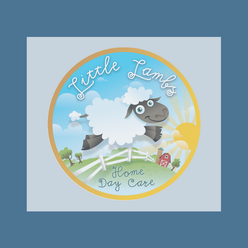 If you've made it this far, THANK YOU for reading, for following Little Lambs on this journey and for supporting small business. 2020 was not what any of us "planned," and 2021 continues to have its challenges, but I wouldn't change it. There have been; lessons learned, values entrenched, and mindsets shifted. There have been goodbyes and hellos. There have been memories made. Wishing you and your family health and community sincerely, Kristina Schwartz wife, momma, sister, daughter, aunt, friend and business owner ;) Build Strong Resilient KidsYesterday I spoke about stress. Specifically, the unpredictable stress we've all be feeling since March. COVID-19 has affected many aspects of our daily lives and how we create learning environments in our programs. As adults, we can unknowingly be sharing our stress through our body language, tone of voice, facial expressions, level of participation, and activity. To dive deeper into how we can support children to deal with the added stress, let's rewind a bit and start by unpacking our "backpacks." I'm a big fan of the "backpack" concept. It's the idea that each person (children included, of course) wears an invisible backpack. In this invisible knapsack are learned behaviours and beliefs, genetic predispositions, health factors, emotional factors, and cognitive ability. Just like we see with real backpacks, some individual's backpacks are easier to carry. They are in good condition, with no broken straps or zippers. In addition to being in "better" condition, some backpacks are simply fuller than others. We can unpack "fuller" as the idea of privilege. Privilege comes in many forms, including:
Each child who enters our doors each day has their own invisible backpack. When we recognize that we too have predispositions and external factors affecting our behaviour, we better support self-regulation. We have heard many times that stress is one of life's realities and that a certain degree of stress is important and positive; it challenges the individual to learn and grow. In addition, stress factors are unique, and adults should be sensitive to each child's stress factors, realizing that they have meaning for the child. Never trivializing a child's stress by telling the child to stop worrying, or there is nothing to worry about. (B.Pimento & D.Kernested. 2015 p. 556) Regardless of the cause (COVID-19, lack of sleep, hungry, peer issues, family dynamics, insecurity, etc.), stress management is key. Building resilience is crucial and can be understood as the ability to:
Identifying stress in children Yesterday I provided simple examples of how children can exhibit stress. While some stress markers are easily distinguished, sometimes identification relies on caregivers' observation skills and sensitivity to the child. Identifying that a child is feeling stressed is only the beginning. Open and effective communication between caregivers and parents is critical to understanding the underlying cause(s) and deciding how to work together to support the child. As a refresher, here are some common ways children exhibit stress:
"How Does Learning Happen?" Ontario's Pedagogy for the early years defines Well-Being as; the importance of physical and mental health and wellness. Therefore as caregivers, our role is made even more critical when a child exhibits signs of stress. Developing coping skills contributes to children's self-control and feelings of self-worth. How children learn to cope with stress in their early years builds resilience they will use for their lifetime. As caregivers, we can help children understand the mind-body-emotion interconnection as there are many physical symptoms as well. By creating strategies to reduce stress, caregivers can reduce the overall stress for children in their programs. Creating Stress Awareness:
Implore coping strategies
Building Observational Skills To help children, we need to "know children." We need to help unpack their backpacks to understand how we can best support them. For example, a child who didn't sleep well last night and didn't feel like eating this morning will likely walk through our doors potentially unprepared to handle an adverse social situation. Knowing this, we can connect how the child's body feels to how the child reacts (or could react). Through open communication with parents, we can observe the child's daily interactions prepared to step in and support conflict resolution BEFORE it becomes an issue. Right now, along with all the everyday stressors, we have the added stress of a global pandemic. Children are overhearing our conversations; they pick up on our worries, and they are potentially dealing with new family dynamics. As caregivers, our role in building trusting, responsive, and caring relationships has never been more important. So again, as I spoke of in yesterday's "Happy ECE Appreciation Day" post. You cannot pour from an empty cup. You need to take care of yourself and your mental health. Do not put a bandaid on your stress. Talk to someone, journal, get physical activity every day, start a hobby, or seek professional help. Breathe a little more Hygge into your life, xoxo Kristina BUT...Press Pause for a moment, Let's take a moment to pause and reflect. 2020 has been different! New years resolutions such as being more organized, utilizing the 100+ pins on your Pinterest board, and being more active, quickly fell to the wayside of all things "COVID-19". This morning, I listened to a favorite science podcast of mine while driving back from my daughter's 6:00 am gymnastics practice (it's an ungodly time of the day to be functioning). They were discussing the impacts of COVID-19 on individuals and how these impacts affect communities and businesses. To paraphrase, "our brains have been telling our bodies to run away from a proverbial tiger since March." The areas of our brain associated with Fight, Flight, and Freeze (the limbic system if you want to get sciency) have been triggered almost continuously since March. This increased level of cortisol and adrenaline, not surprisingly, is quite draining. The effects can be felt in many ways, and their impact can include:
As a self-proclaimed recovering procrastinator, this is a struggle for me right now! Dear families and providers,
The most recent announcement does not come as a surprise, as we know, our provincial leaders are following the best medical advice available at this time. As a community, we need to continue social distancing. Currently, seven of our home child care programs are open and operating for the sole purpose of emergency care. The provincial government is funding this care, and as such, there are specific policies and protocols in place. Families are required to apply for emergency care through Hastings County. Placements are offered based on employment priority and availability. At this time, all of our Emergency Child Care spaces have billed filled. Hastings County is compiling a waitlist in case another provider chooses to open their program or a space becomes otherwise available. To access the emergency child care application/survey, click here. If you have questions concerning your application or your place on the waitlist, it is recommended you call the Child Care Services intake line @ 613-771-9630 or 1-866-414-0300. Working directly with our local health authorities, we have created and implemented policies to mitigate risks associated with providing child care during this time. Policies including:
It has been roughly two months since our worlds turned upside down. There is incredible uncertainty surrounding when the economy will reopen. As an agency, we are thankful for the opportunity, although it's a little frightening, to offer emergency care to frontline workers. To our families, child care providers and community members, "stay safe, stay healthy, and enjoy the extra family time if you're able." Kindest regards, The Little Lambs Team Dear families,
As many of you know, Little Lambs started as my private home daycare business in 2012. Opening my home to my community was a natural progression towards my life goals. #1. I wanted to raise my children and spend as much time with them during their early years. #2. I genuinely like people and enjoy meeting new families in my community. #3. Children are my favorite people on this planet. I find them hilarious, sincere, intelligent, capable, wonderous, full of light and imagination, entertaining, enjoyable, hopeful, honest, caring, and so much more! #4. I want to spend my days doing something that truly matters. Fast forward to 2020, and my life goals are strikingly similar but with a "Pivot." Instead of running and operating my home daycare business, I am running and operating a home daycare agency. Instead of serving five families in my close community, my agency has served over 200 families all over Hastings County. Through strong partnerships with many amazing women, my days are spent doing something that truly matters. Then BAM, like a terrible documentary COVID-19, crosses the ocean and impacts our communities. One week we're thinking, "that sucks for those people," and the next week, we're saying, "sorry we're closed." On March 17th, at the direction of our local health unit, we chose to close for what we thought would be a couple of weeks to do our part to "flatten the curve." There's a problem that happens when daycare centres and home child care agencies close... Our frontline and essential service workers are left without child care. At a time when everyone is scared, confused, and concerned, our medical professionals and essential service workers do not quit. They go to work because they have to, and I am thankful that they do. So, when Hastings County sent out an email to their service providers (daycare centres and agencies) enquiring if we are willing and able to provide "Emergency Care," we didn't hesitate. Little Lambs raised our hand to support those who need our help. So far, 25 children have been placed for Emergency Care. All of these families are persons who are working directly on the front lines: nurses, paramedics, PSW's, nursing home staff, and community helpers. Reopening for Emergency Care has been different. New policies are in place to mitigate risk and keep everyone as safe as possible. Unfortunately, many of our home child care providers have remained closed. Everyone has a different level of risk within their homes. We stand behind each provider's right to choose what is best for their families. For those who decided to reopen, we are forever grateful. Together we are facing the current uncertainty and trying our best to do our part. COVID-19 will not last forever. Hopefully, one day soon, we can welcome back our entire Little Lambs team. We can reopen our doors to our child care clients and wish our "emergency clients" all the best as they return to their regular child care centres and programs. Until then, my life goals will remain the same. #1. my family #2. build community #3. appreciate the wonders of childhood #4. make a difference I hope that you are staying safe and healthy. Most importantly, I hope you are seeing the positives in such a dark time. Your children will not remember the facts of this pandemic but they will remember how it felt. Help them to feel secure and loved. regards, Kristina Schwartz Dear Reader,
We are committed to supporting families in our community through this pandemic. Please know that you are not alone. Little Lambs has an active Facebook and Instagram account and we have been busy adding links, resources and ideas to keep our providers and families busy. It is our hope that we will reopen our doors effective April 6th. However with increased safety protocols there will be quite a few changes. Currently we are working on a new page of our website that will discuss " all things COVID-19". There is also a very good chance that some of our providers may choose to remain closed. Each home has different risk levels and reopening is the providers choice. A few key points to be addressed on our new COVID-19 page: -ratios (these are likely to change within our agency to continue supporting social distancing) -who will qualify to return to daycare -drop off and pick up routines/protocols -illness policy -sanitary polocies to be followed at each home child care premises -meal time protocols -types of play (eg. no group sensory play...) -daily programming -types of resources (toys/minipulatives/books etc) available -links to social services -anything else we feel important to our children's and providers safety Watch our social media feeds for updates! Wishing you and yours health and safety, The Little Lambs Team xoxo We all want: fewer temper tantrums, kinder interactions and, more meaningful relationships September was a full month geared towards how parents and educators can support children on their emotional and social development journey. To wrap things up here is a fantastic video from "Hapa Family: Montessori at Home." This video discusses practical ways to incorporate positive discipline in your home or child care program. She uses accessible language to explain the theory behind why children respond better to positive discipline and WHY it actually works. ~watch beginning to end~ https://www.youtube.com/watch?v=nt9ck98l8Uo "positive discipline is not about permissiveness, it is not about letting your child do whatever they want. It's about setting kind, firm limits and sticking to them in a gentle way that teaches your child"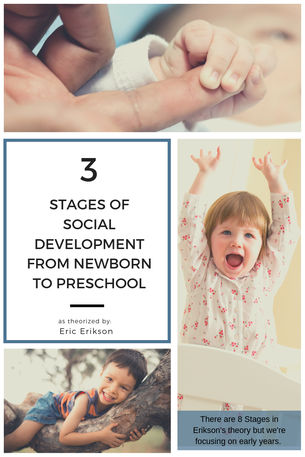 Thank you for stopping by our blog. If this is your first time visiting I hope you enjoy our personal views for the early years. Our topics and ideas are based on years of home childcare experience mixed with a balance of theory and new ideas from around the world. Today we're discussing how we as educators and parents can support children on their social development journey. We all know children who are born extroverts. They exude confidence and appear comfortable in any situation. In direct opposition, the introverted children in our lives do not appear confident in social situations. Often they pull away from peers and play independently. Home childcare programs. early-years classrooms, playdates at the park, and even individual home environments will have a mix of multiple personalities. Each child is an individual, and their individuality is to be respected. We are not "fixing" their deficits; instead, we are encouraging respectful and appropriate inclusiveness. I love a good child development theory. To start our discussion on supporting social development, it's only fair we go straight to Eric Erikson. Let's have a look at Erikson's first three stages. 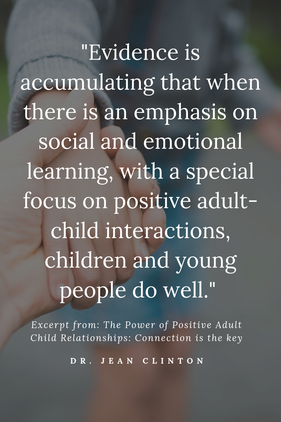 The common theme between the three stages is Relationships. Before children can build positive and reciprocal peer relationships, they need to build strong relationships with the core adults whom they interact with daily. These include but are not limited to parents, guardians, core educators, and caregivers. The importance of early relationships is a big reason why I love Home Child Care as much as I do. Home Daycare by it's very formation is one educator who cares for the child from infancy to school age. Whereas in a daycare centre the child is transitioned to a new room, new educator, possibly a whole new group of peers as they enter each new age group. There are a few daycares who follow the Reggio Emilia approach and keep the same educator with the same group of children as they grow from infancy to school age. Again the core value that early relationships are crucial to life long success is paramount. So how does this knowledge guide us to support children's social development?
Another practical step we can take to support social development is to intentionally plan activities and "invitations to play" that promote social interaction. Learning in the early years is fundamentally a social experience. As children learn about themselves and others, they strengthen their emotional intelligence, their ability to construct plans, and attend to what's important. They do all this based on the values and practices their core adults provide through daily activities. Thoughtfully planned "curriculum" supports children to develop these skills through potential social interactions with their peers and adults. These "5 Great Curriculum Starters" listed are just that, STARTERS. When planning daily activities, reflective practices are paramount. The use of different centres and manipulative's within a childcare environment are what create opportunities for meaningful play. Not listed in the infographic are imaginative play centers. These include dress-up, kitchens, tool benches, cleaning supplies, animal care kits, and more. ELECT (Early Learning For Every Child Today) is a valuable resource used by early childhood educators and childcare providers. This document outlines developmental domains and lists indicators of skills for each age group. As a next step, I encourage you to review social and emotional development for each age group. Linking "indicators of skills" to your specific curriculum can support how you view the children in your care. Hopefully, by observing and reflecting on "what's developmentally normal," you are better able to scaffold the children's learning. sources:
Clinton J., (n.d). The power of positive adult child relationships: connection is the key. Retrieved from: http://www.edu.gov.on.ca/childcare/clinton.pdf Joseph, G. & Strain, P. S. (2004). Building positive relationships with young children.Young Exceptional Children, 7(4), 21-29. Ontario Ministry of Education (2007). Early Learning for Every Child Today: A Framework for Ontario’s Early Childhood Settings. Retrieved from http://www.edu.gov.on.ca/childcare/ oelf/continuum/continuum.pdf Ostrosky, M. M. & Jung, E. Y. (2010). What Works Briefs: Building Positive Teacher-Child Relationships. Center on the Social and Emotional Foundations for Early Learning. Retrieved from http://csefel.vanderbilt.edu/briefs/wwb12.pdf |
Early Years at Home When we refer to home we refer to a feeling of welcome, family, comfort and belonging. Licensed home child care offers the feeling of "home" with the benefits of early years pedagogy. Categories
All
Archives
June 2023
©Little Lambs Home Daycare
©Kristina Schwartz |
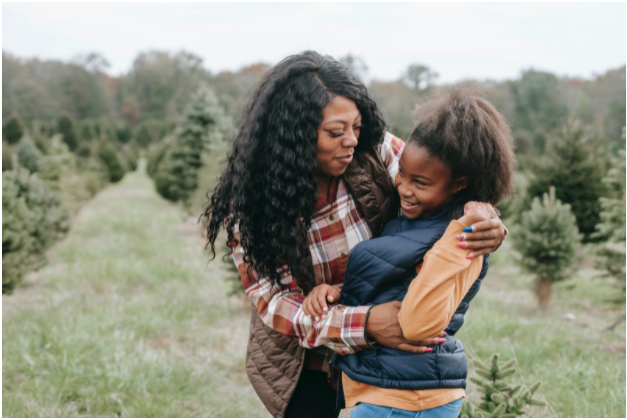
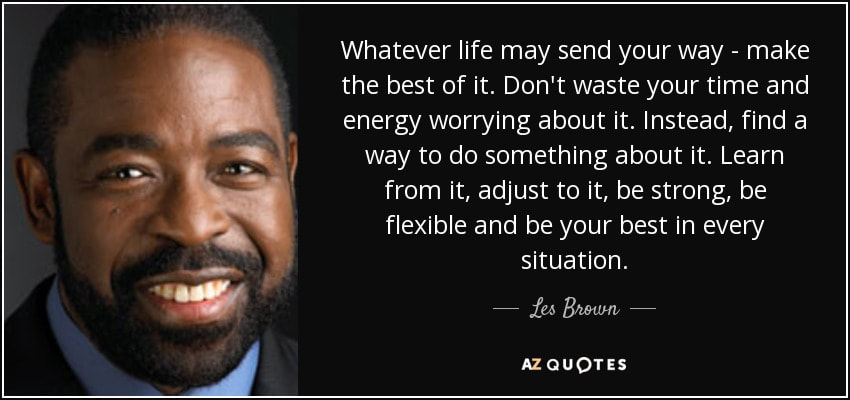
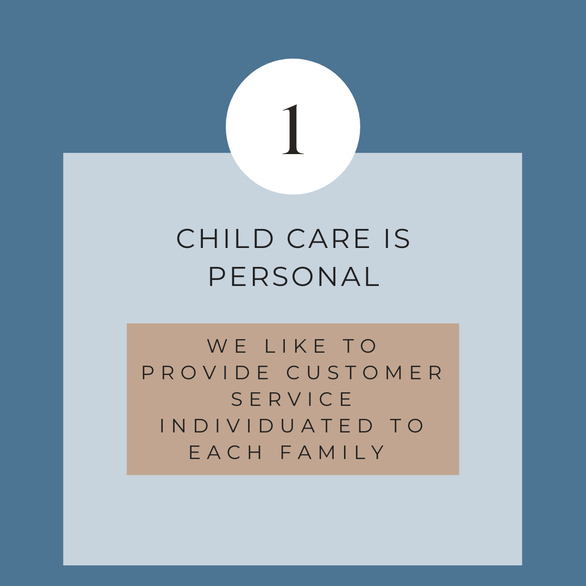
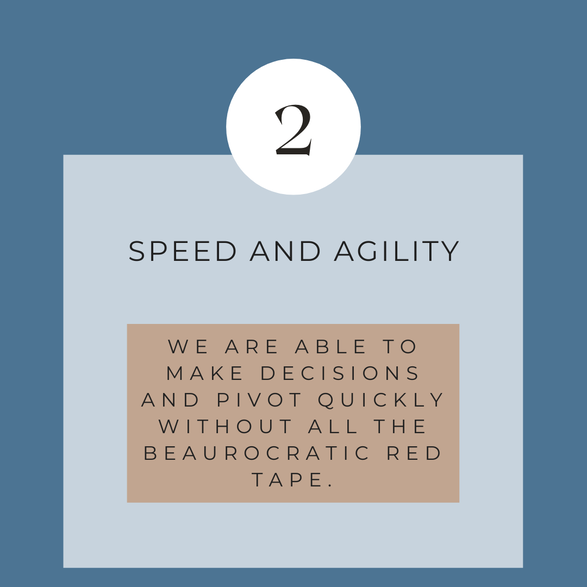
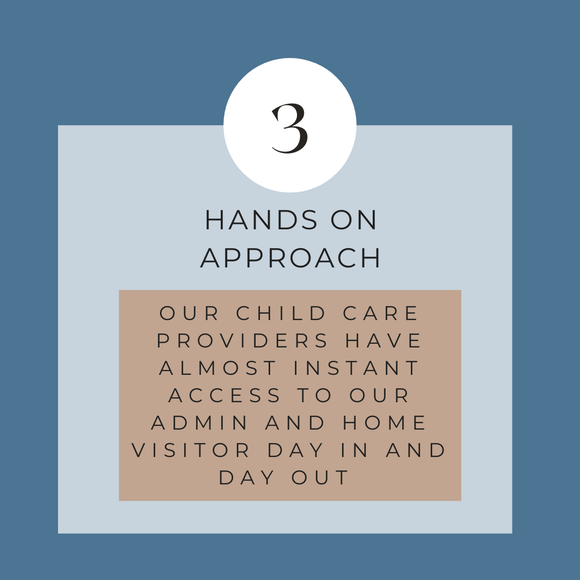
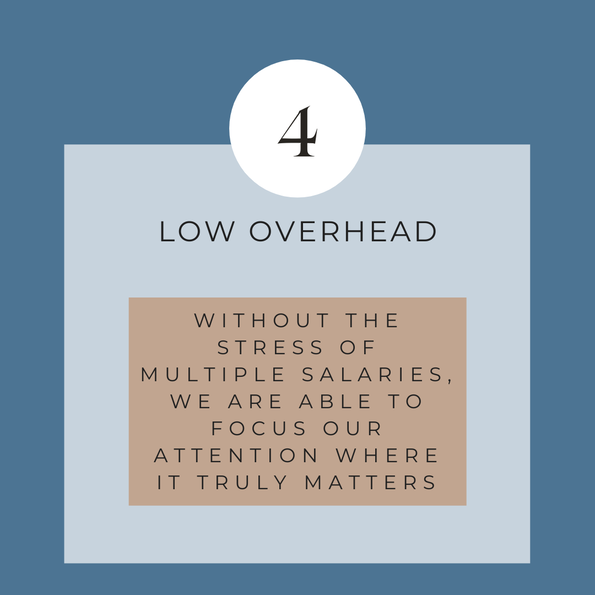
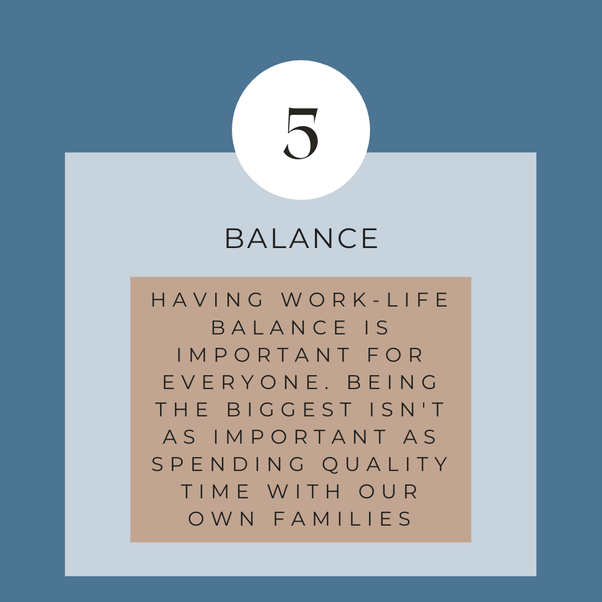
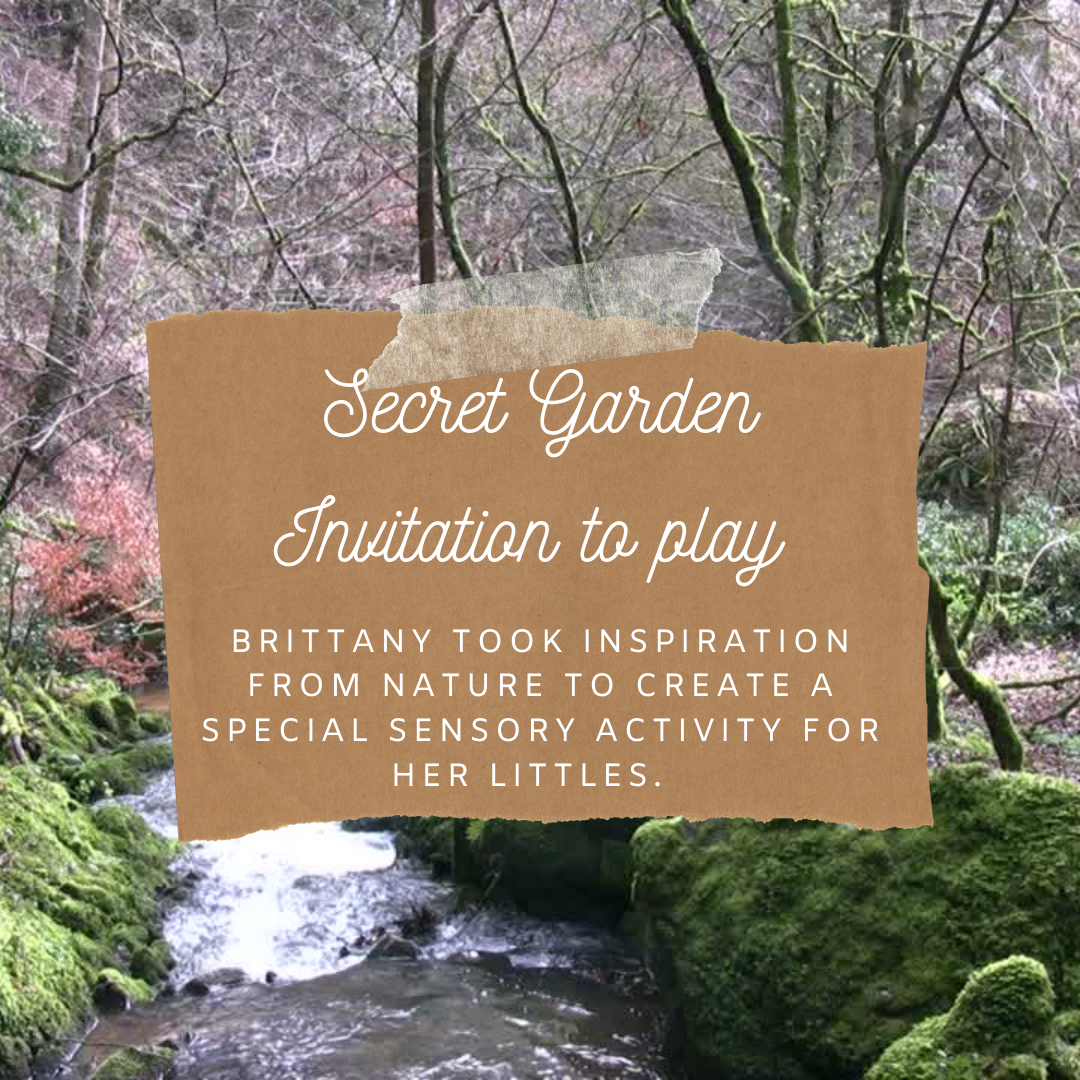
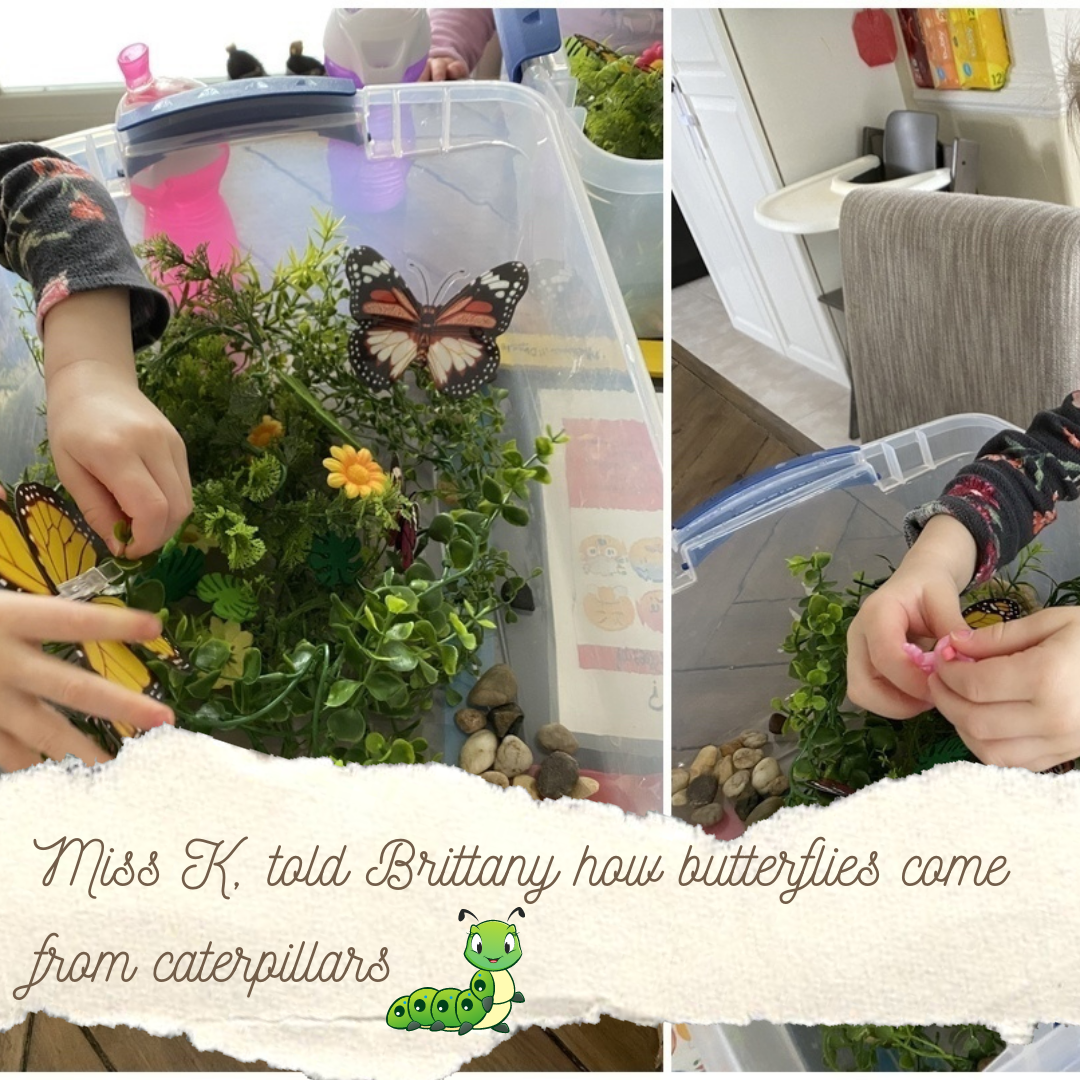
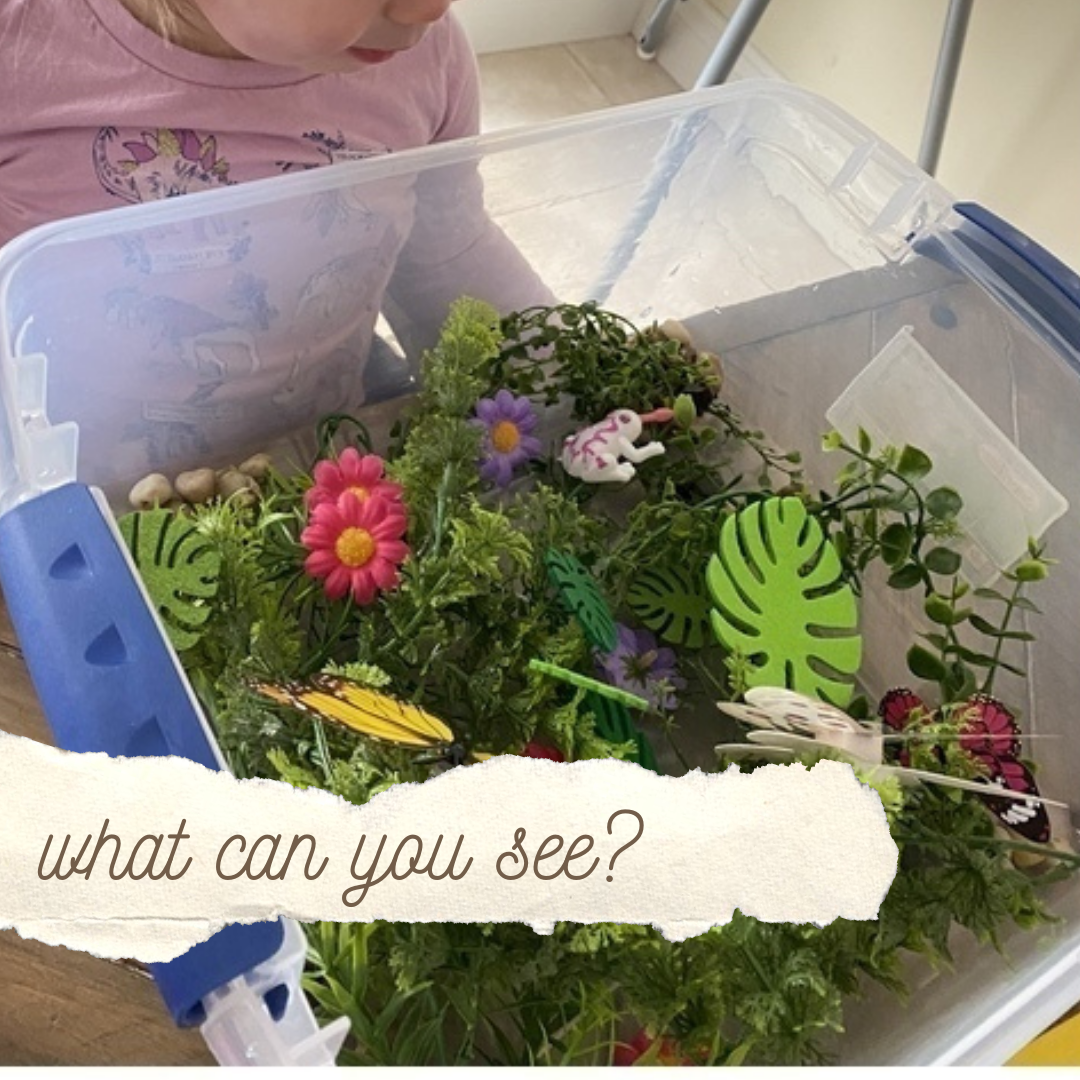
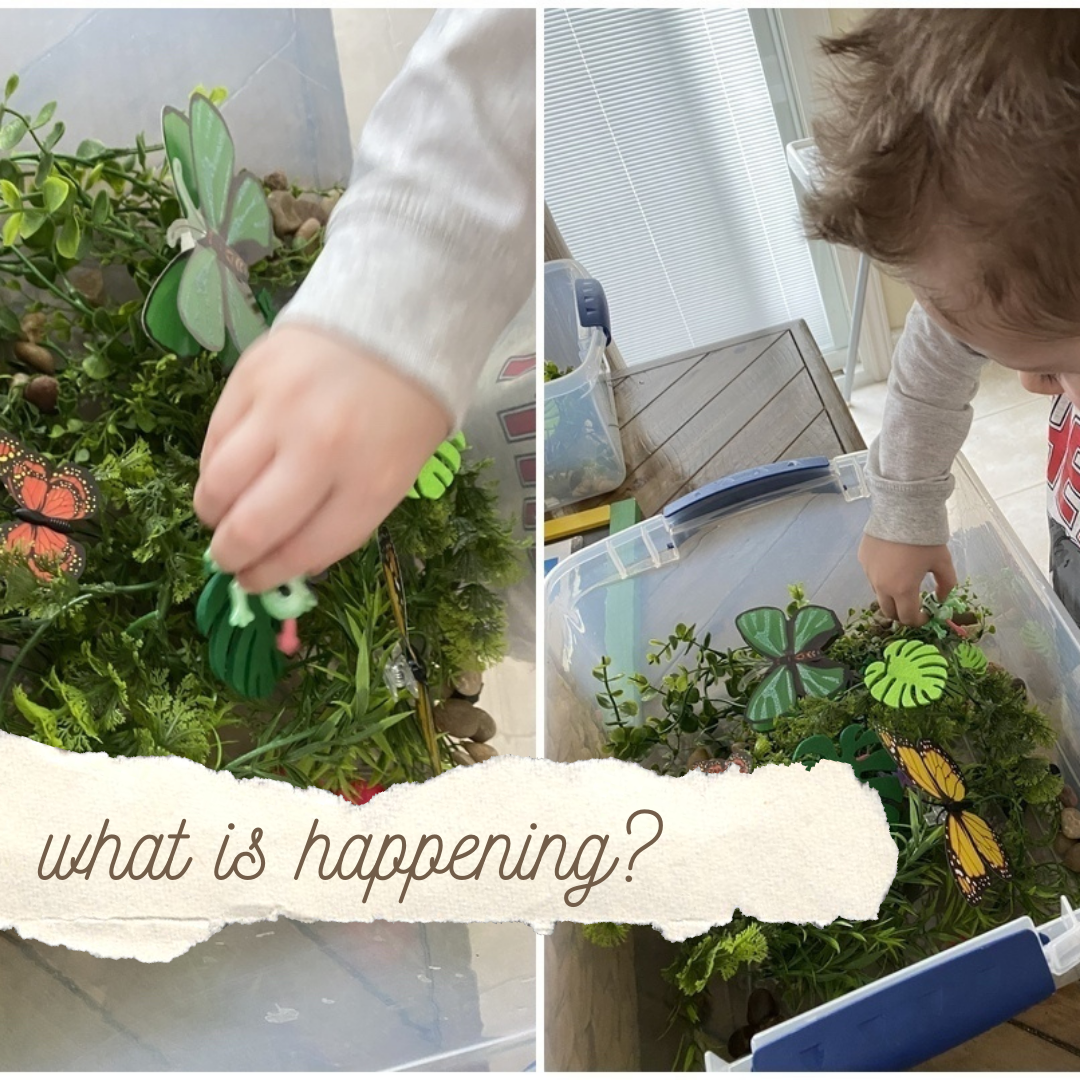
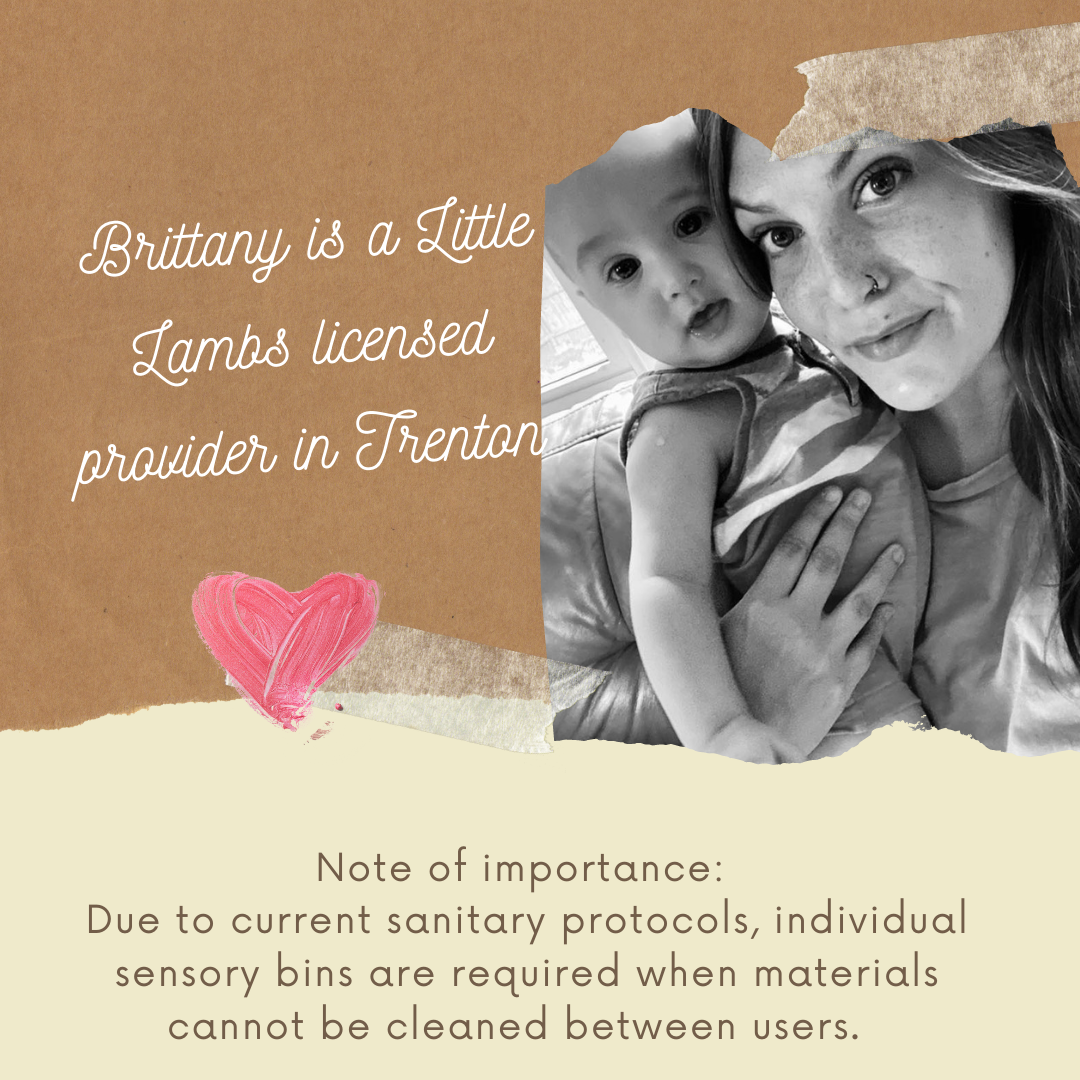
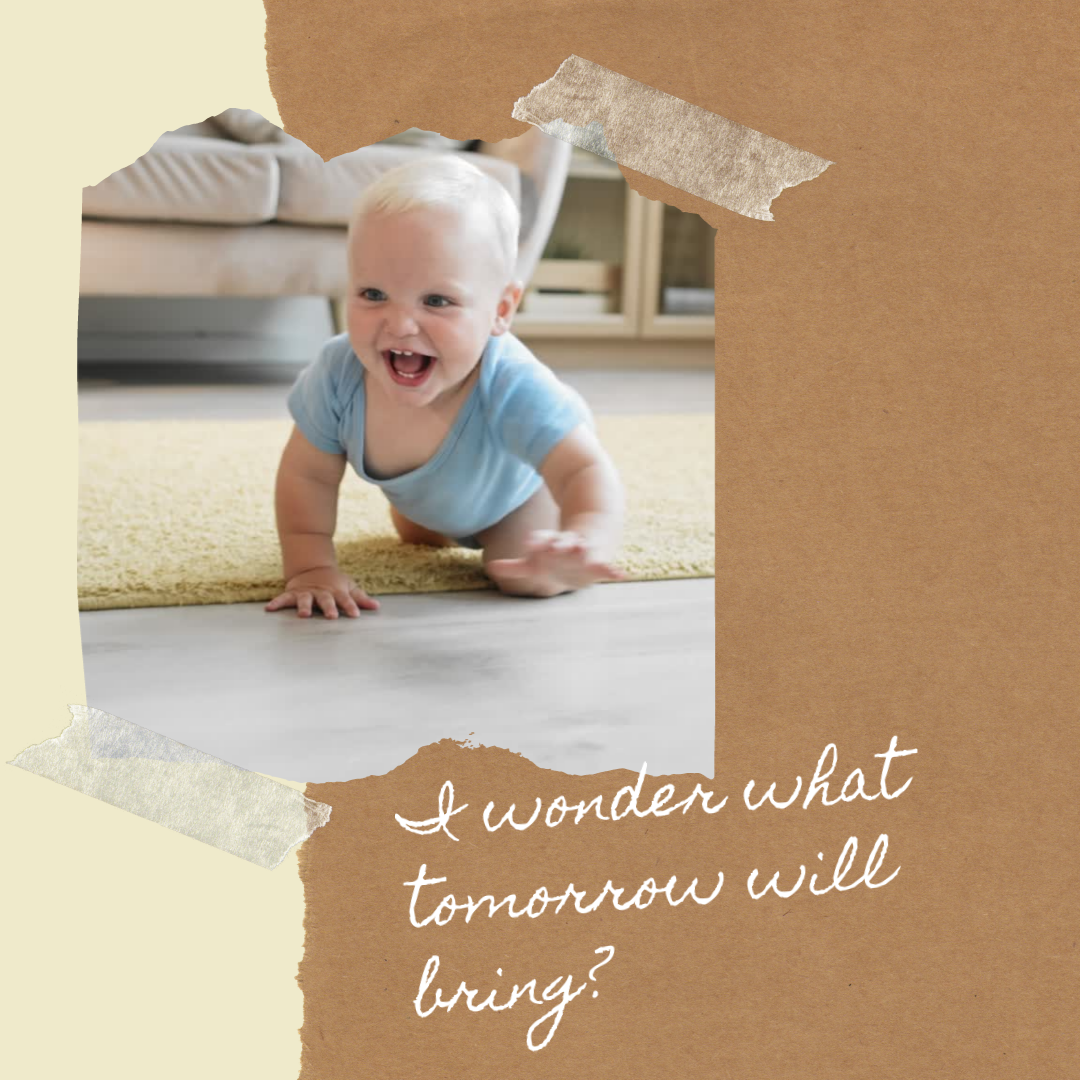
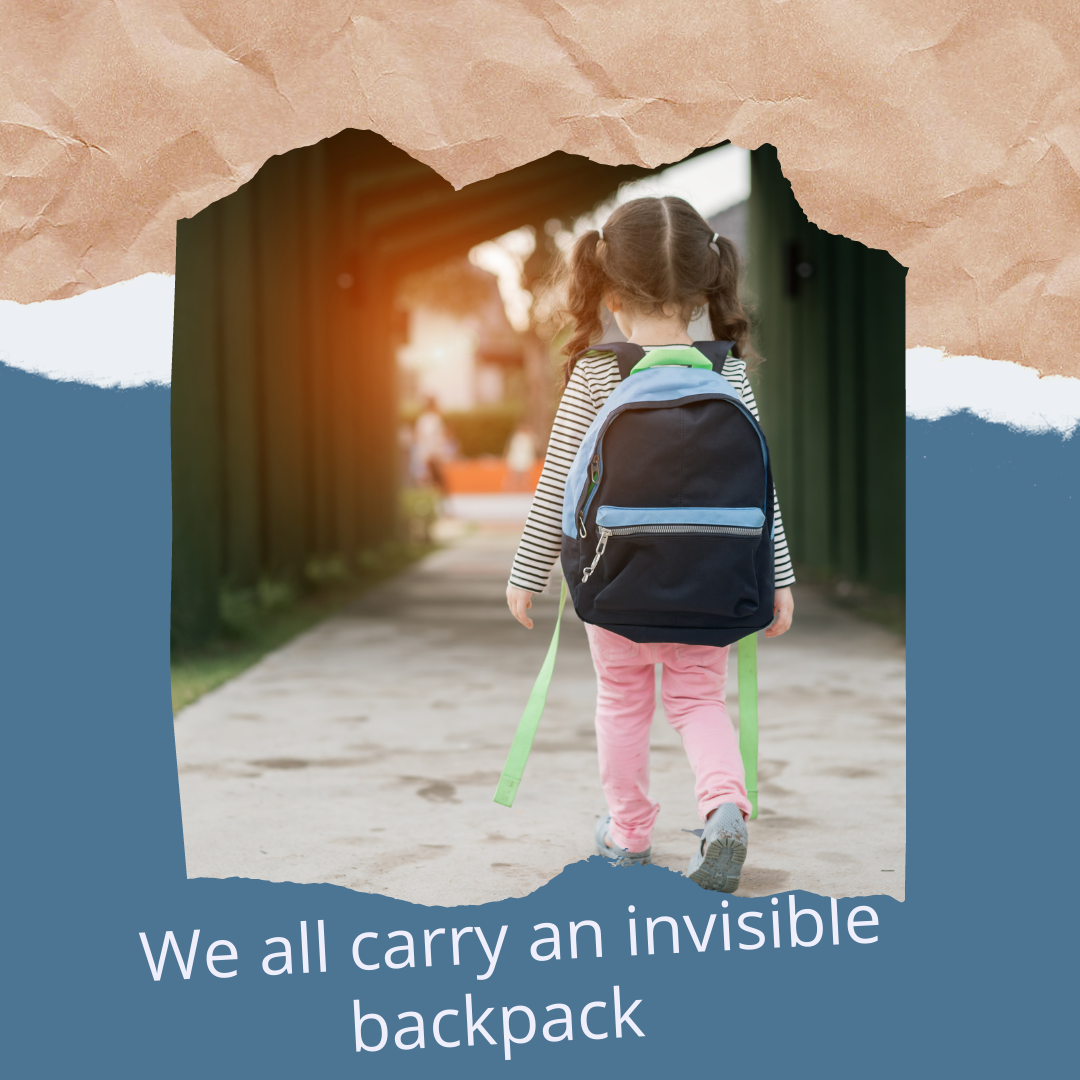
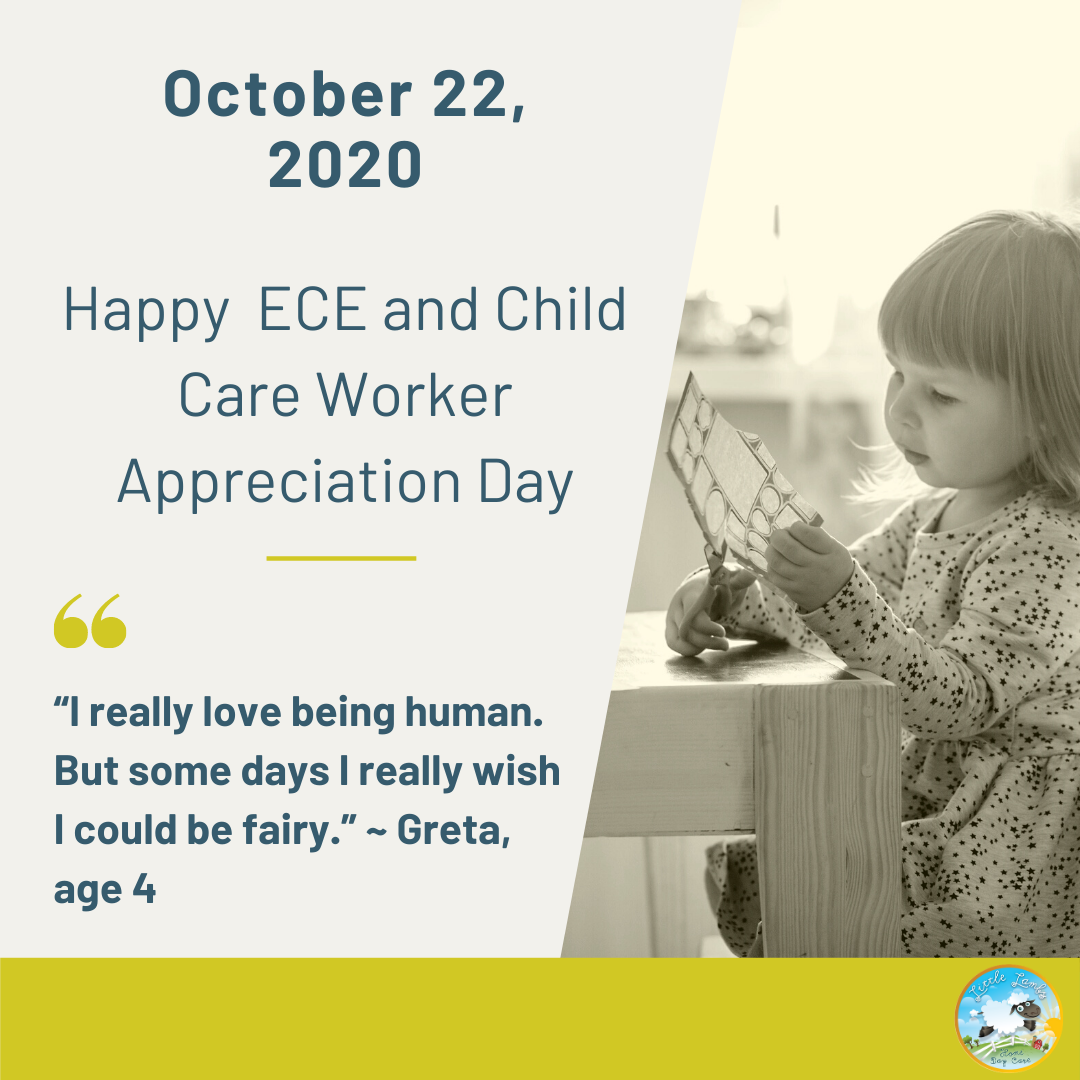
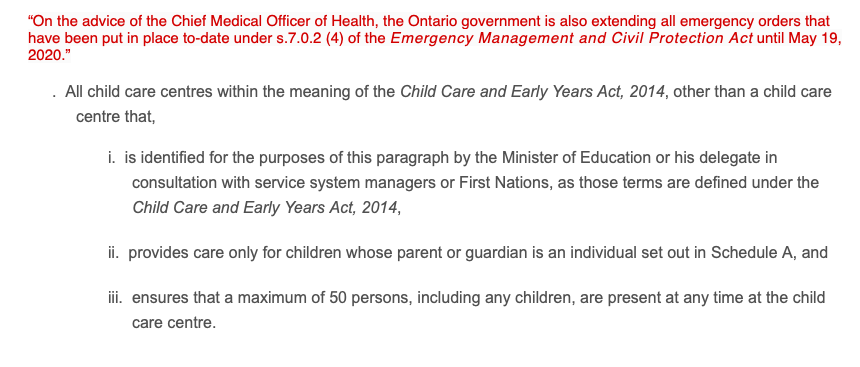
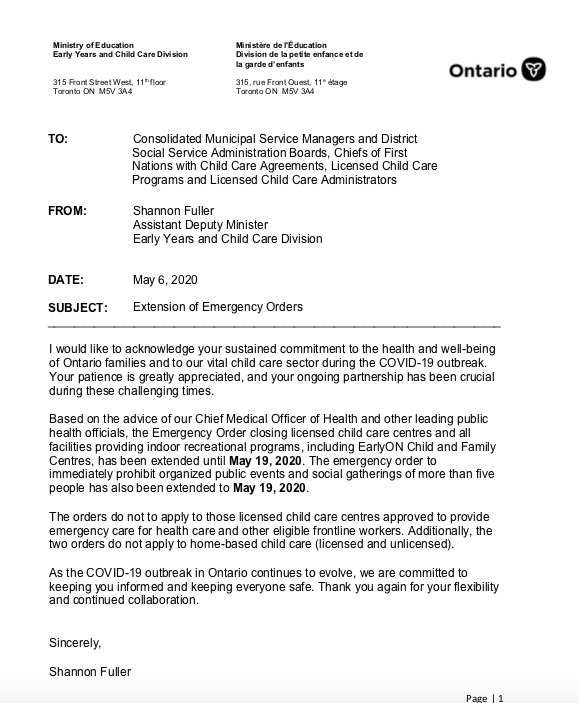
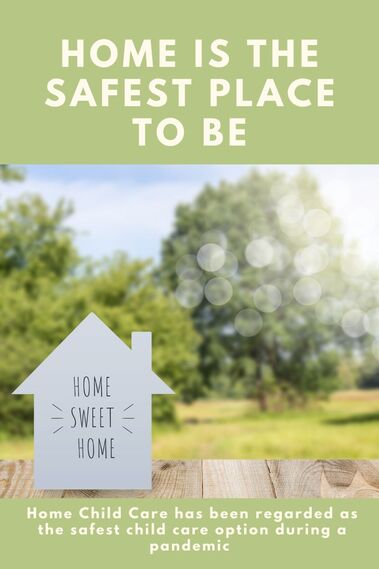
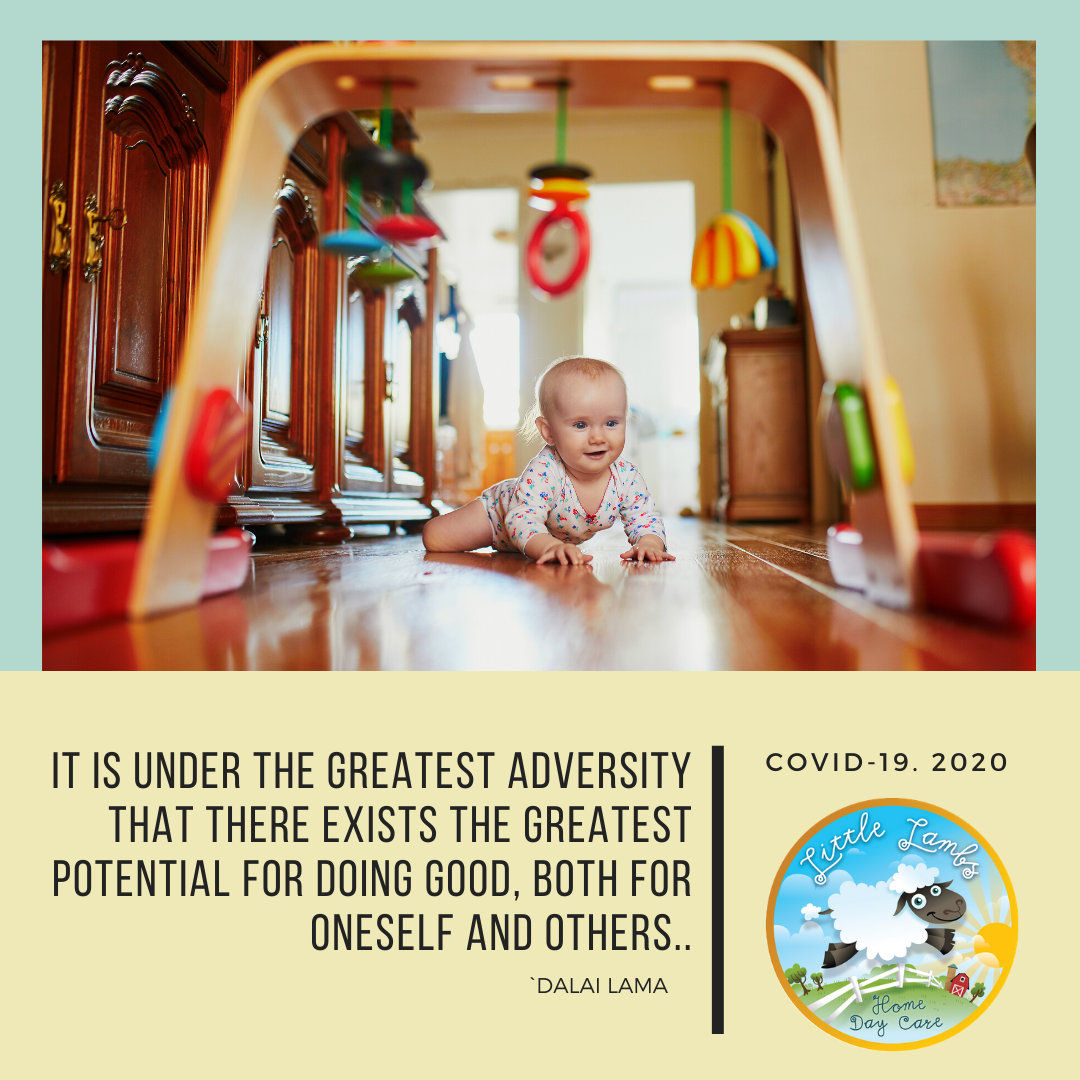
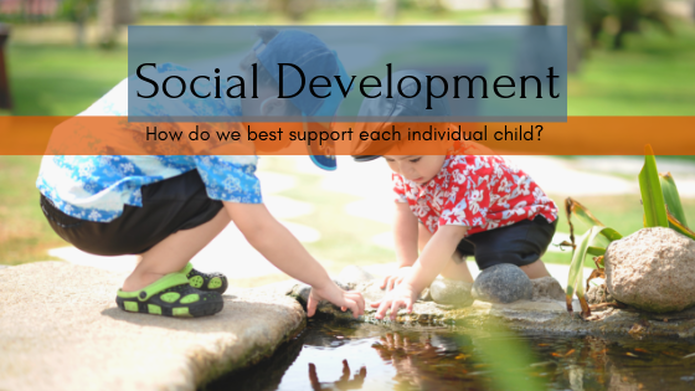
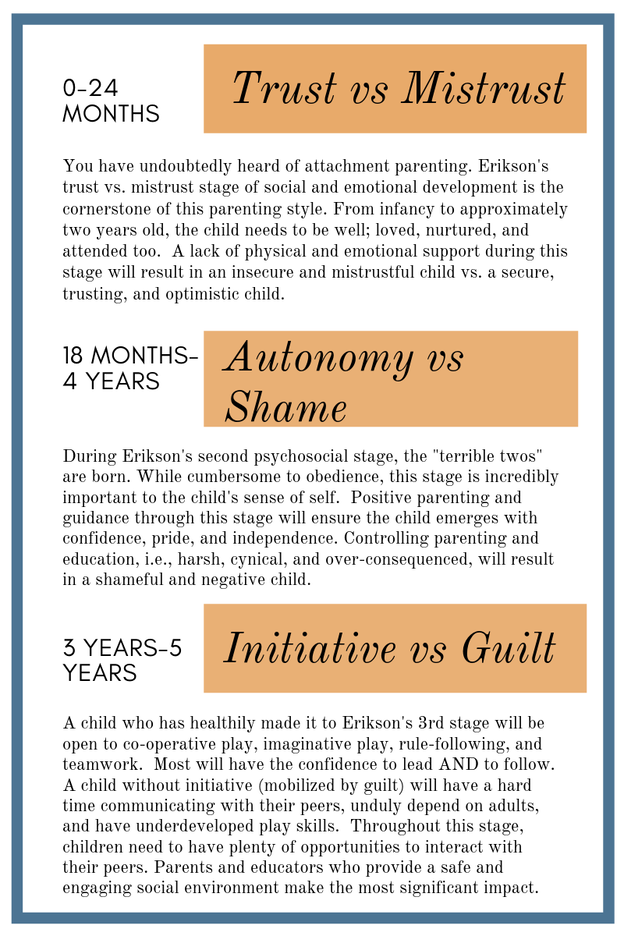
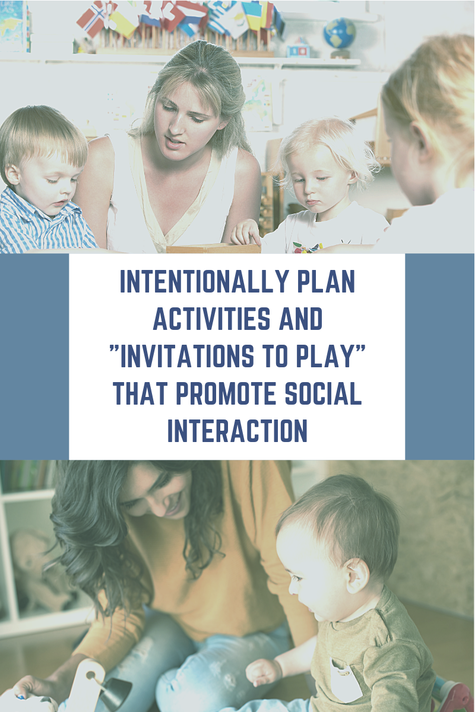
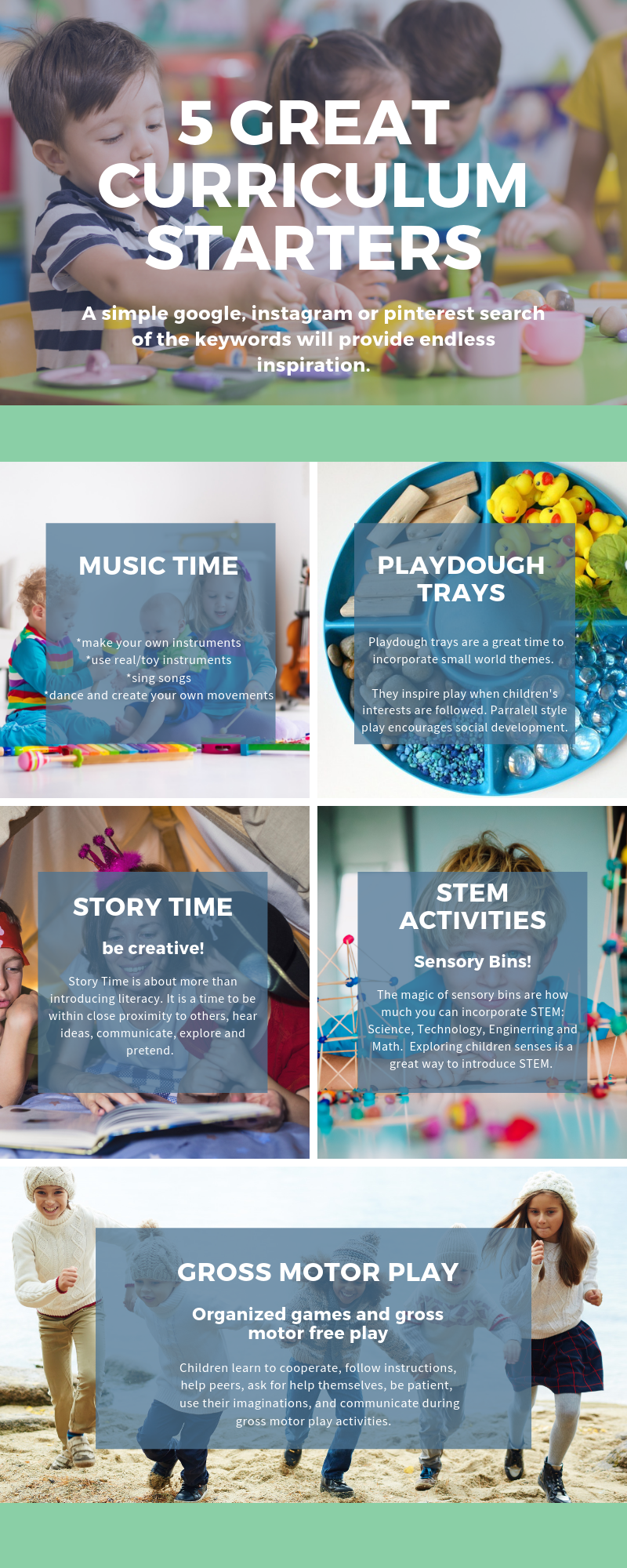
 RSS Feed
RSS Feed